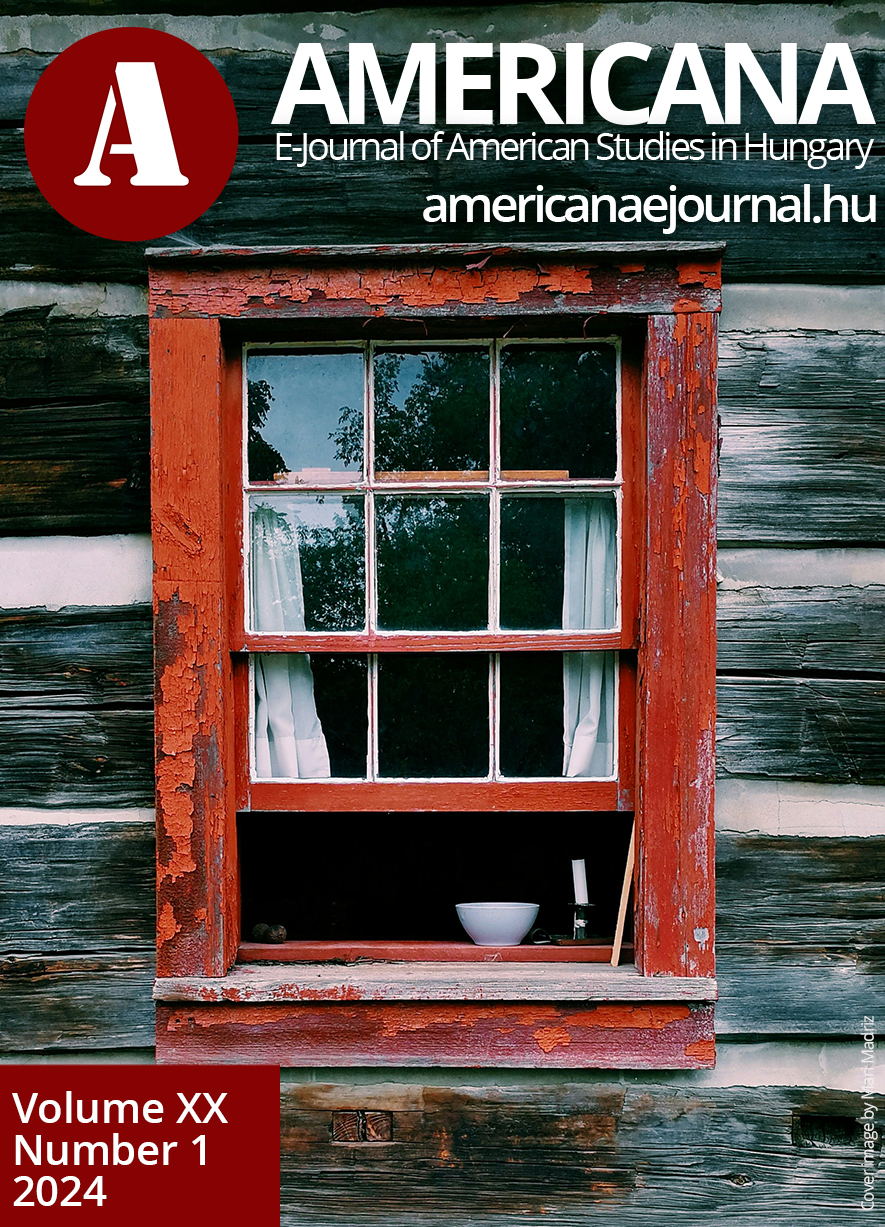Existentialism and Camp in Joseph Losey’s Boom!
Main Article Content
Abstract
Tennessee Williams’s The Milk Train Doesn’t Stop Here Anymore (1963) is a notable example in the
playwright’s oeuvre that depicts existential concerns regarding themes like one’s attitude towards death,
authenticity, and bad faith. Joseph Losey’s adaptation of this play, Boom! (1968), is unique in its treatment
of the existentialist subject matter through atypical modes of representation. Criticism towards the play,
and especially its filmic adaptation, has been mostly negative, with offstage problems, issues of stardom
concerning the casting of Elizabeth Taylor and Richard Burton in the lead roles, as well as an obsessive focus
with their off-screen personas overshadowing the film’s philosophical subject matter and cinematic
techniques. This paper gives an overview of the characteristics of this misaligned assessment of The Milk
Train Doesn’t Stop Here Anymore and Boom!, together with its contributing factors. Afterwards, it suggests to
redirect critical attention towards the form-content relationship of various aspects of the movie by
proposing two alternative analytical perspectives: approaching the movie from an existentialist standpoint,
as well as from the framework of camp aesthetics. Finally, the paper concludes by converging both these
novel approaches to demonstrate that, contrary to previous critical and public reception, Boom! succeeds in
combining its serious existentialist themes and campy representation in a meaningful and coherent manner.
Downloads
Article Details

This work is licensed under a Creative Commons Attribution-NonCommercial 4.0 International License.

